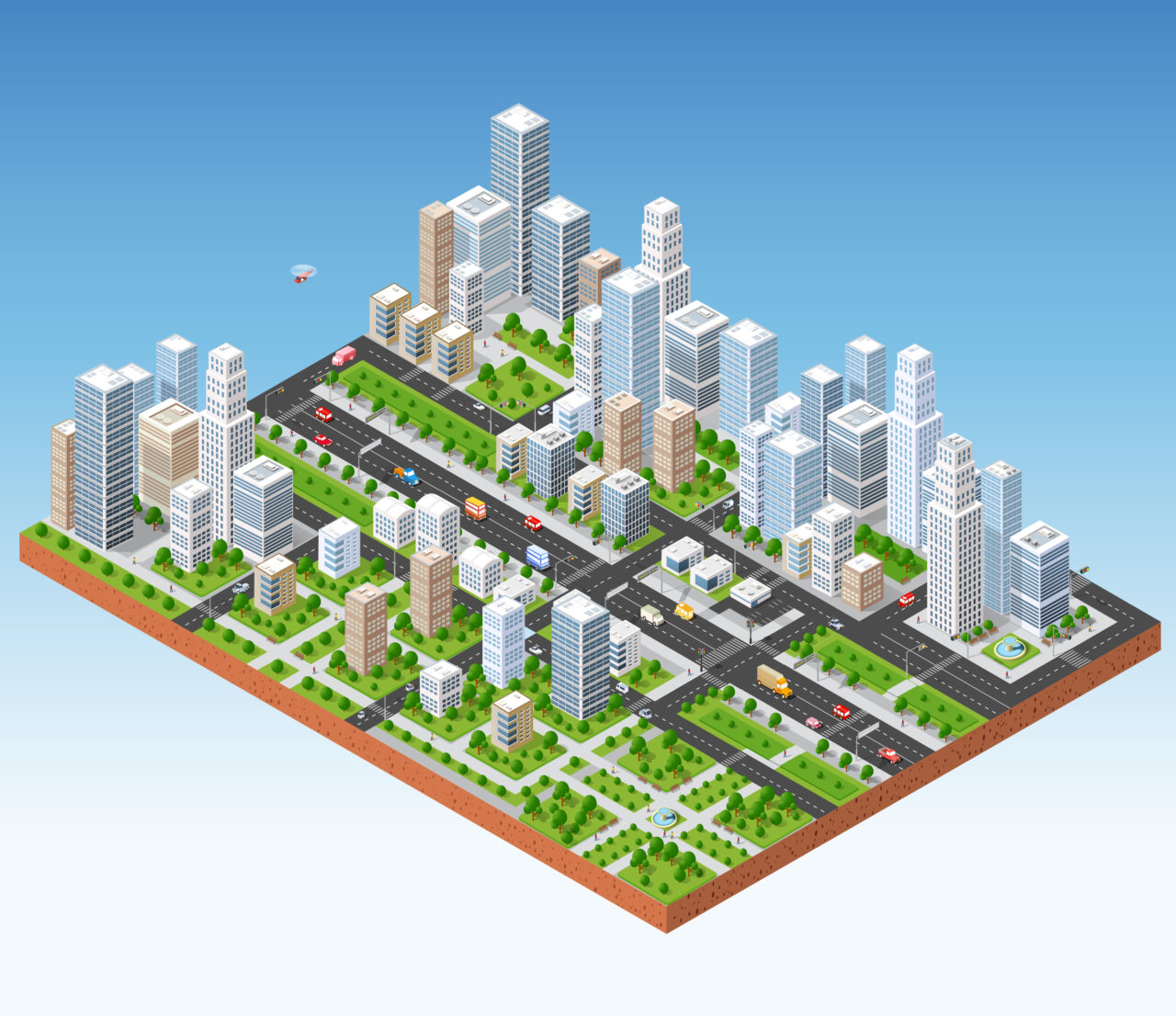The trend of low- and middle-income households being priced out of urban centers with robust public transit networks is a reality in major cities all over the country. Despite its ills, the MBTA system is exceptional, which means Boston is no exception.
Migration data from the American Community Survey show that more than one-quarter of the individuals relocating in recent years from Boston to Gateway Cities (28 percent)—many of whom have presumably been pushed out by rising rents—are transit-dependent. This means neither they nor anyone in their household owns a car. The chart below breaks down where exactly these Gateway city movers are landing, with Worcester, Lynn, and Lawrence being the top destinations.

Comparing the characteristics of movers to Gateway Cities to those who moved recently but remained in transit-rich Boston reveals a stark contrast. The average household income of individuals relocating to Gateway Cities is less than half of those who remain in the city.

Those relocating to Gateway Cities from Boston also have significantly lower educational attainment and far higher unemployment rates:


All of these figures are our calculations from the ACS public use micro sample, which includes responses collected between 2011 and 2015. Unfortunately, the sample size is relatively small. We had 1,353 Boston movers staying in Boston and 102 movers from Boston to a Gateway City. While this introduces a lot of variability around these estimates, the consistently large disparities reveal enough to help inform the policy dialogue.
As transportation planners think about the future, they must consider how public transit connects people to economic opportunity from locations further from the urban core. Today, the system is largely built around the notion that those living in outlying communities are more affluent. They are expected to pay higher commuter rail fares and commute during typical hours to typical office jobs. A new paradigm is needed to ensure that robust public transit connects all of our urban residents to economic opportunity, rather than forcefully pushing those with limited means away from jobs and services.
NOTE: The PUMA codes used for Boston are 505 (Arlington and Belmont), 506 (Cambridge), 508 (Somerville), 509 (Medford), 3301 (Allston, Brighton, and Fenway), 3302 (Back Bay, Beacon Hill, Charlestown, East Boston, Central, and South End), 3303 (Dorchester and South Boston), 3304 (Mattapan and Roxbury), 3305 (Jamaica Plain, Hyde Park, Roslindale, and West Roxbury), and 3306 (Chelsea). The Gateway City PUMA codes are 300 (Worcester), 301 (Fitchburg), 400 (Pittsfield), 502 (Lowell), 701 (Lawrence and Haverhill), 1900 (Springfield), 1901 (Holyoke), 4302 (Fall River), 4500 (New Bedford), 4901 (Brockton).

